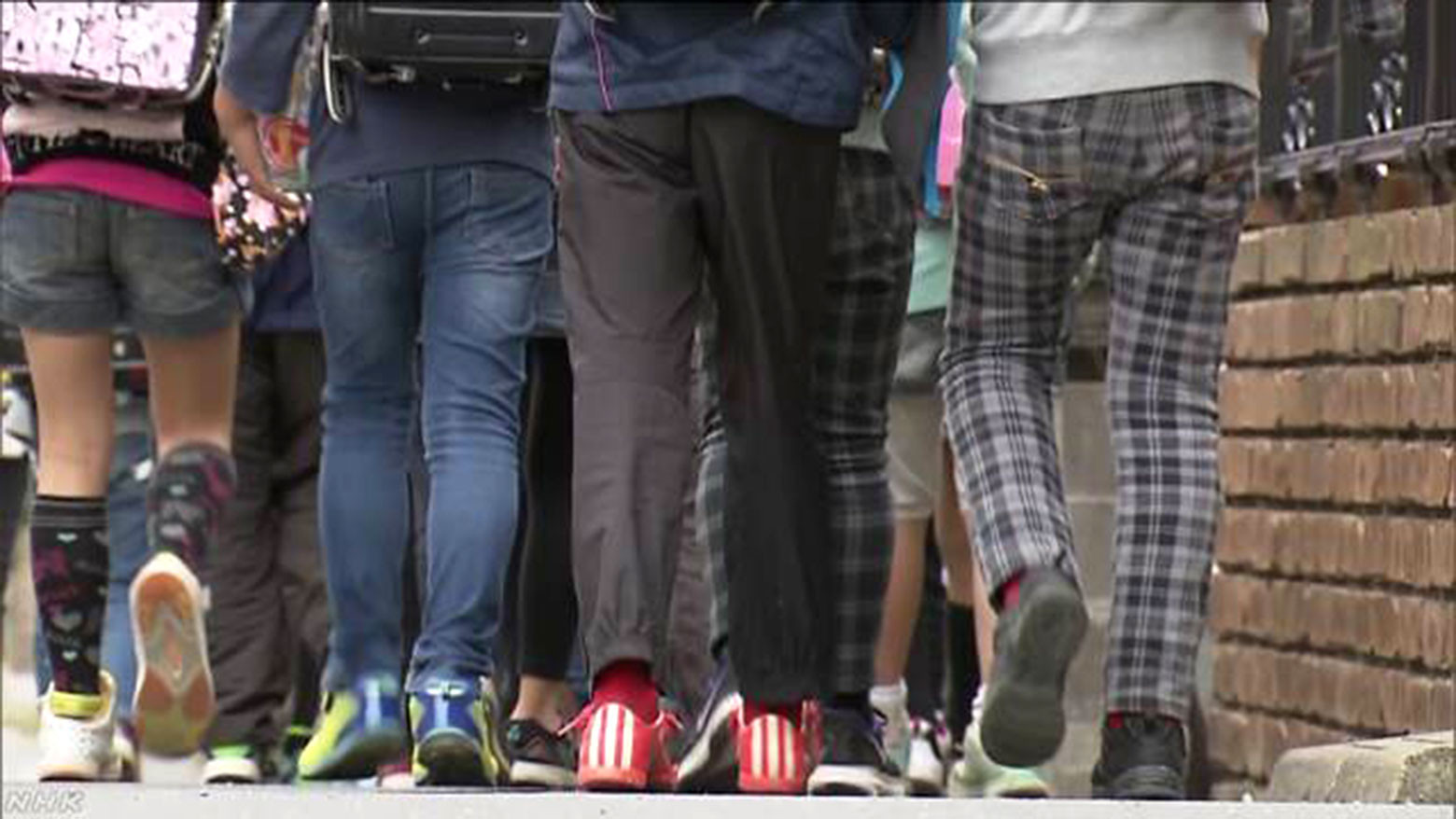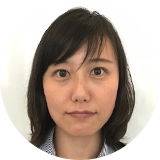The National Center for Child Health and Development conducted an online survey during June and July to gauge the impact of the coronavirus outbreak. Children between the ages of seven and 17 took part, along with their parents. There were almost 7,000 respondents in total.
The survey found 72 percent of children were showing some symptoms of mental stress. The children said thinking about the coronavirus makes them feel bad and affects their concentration.
Respondents were asked about how they would handle it if they or their families were infected. About one third of the children said they would keep it a secret, and 47 percent said they would assume many people would take that approach.
Asked about their feelings towards peers who have recovered from the coronavirus, 22 percent of children said they don’t want to play with them.
Researchers say those sentiments can lead to discrimination or bullying of those who have been infected. They warn that children are worrying now that the summer holidays are over.
Doctor Hangai Mayumi, who conducted the survey, says children are under fresh stress in a “new normal” as some schools resume classes.
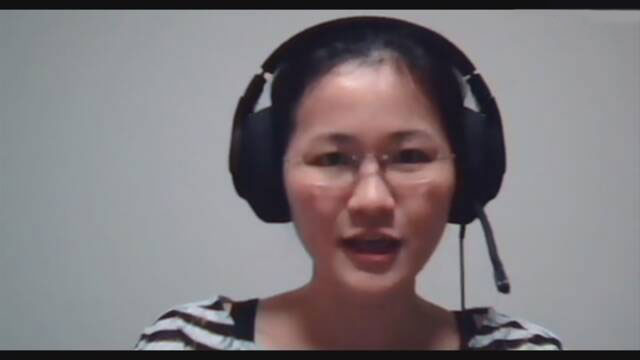
The doctor says discrimination and prejudice can emerge as part of a shield that children put up to protect themselves. She wants adults to listen carefully to children’s worries and concerns, and encourage a rational response.
Bullying due to the coronavirus
Discrimination is already emerging, and at least eight cases of bullying have been reported in Niigata Prefecture. Many of the victims are children whose parents are medical workers, or who have visited areas where the infection is spreading. Some of the bullied children have been called “corona.”
In Nara Prefecture, some students were denied entry to a teacher’s license training program because of a coronavirus cluster at their university. The cluster had occurred in the university’s rugby club, and none of them were members.
In Saitama Prefecture, a concerned mother spoke to NHK about her situation. She said her daughter, a second-grader, is afraid of the coronavirus and sometimes does not want to go to school.
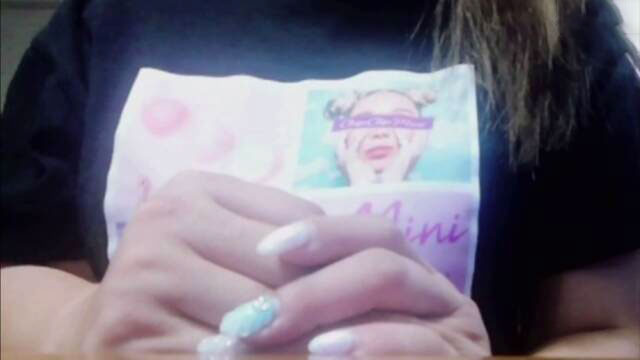
When the school was forced into an emergency closure because of a coronavirus infection, the girl felt scared and tearful, her mother says.
On the day school resumed in late July, the mother reports that her daughter felt huge stress and did not want to go.
The girl remains worried and her parents try to limit her exposure to information about the virus. The mother says she has told her daughter not to discriminate against anyone who has been infected.
Education Ministry issues emergency bulletin
Japan’s Education Ministry issued a nationwide advisory on August 25 to try to address some of the harassment and discrimination problems that are emerging in schools. It urges students to be compassionate towards those who have been infected. And it asks teachers to explain the virus and guide children towards scientific data about it.
Importantly, the advisory asks everyone in school communities to speak out against discrimination, prejudice and slander against infected people. It says negative behavior like that could lead to delayed diagnoses or hiding of infections, which could make the outbreak worse.
Website for worried children
Members of non-profit group 3keys are supporting worried children by offering them an online space where they can post their thoughts.
The website, called Mex, connects children who cannot consult with their family or friends to groups that offer help.
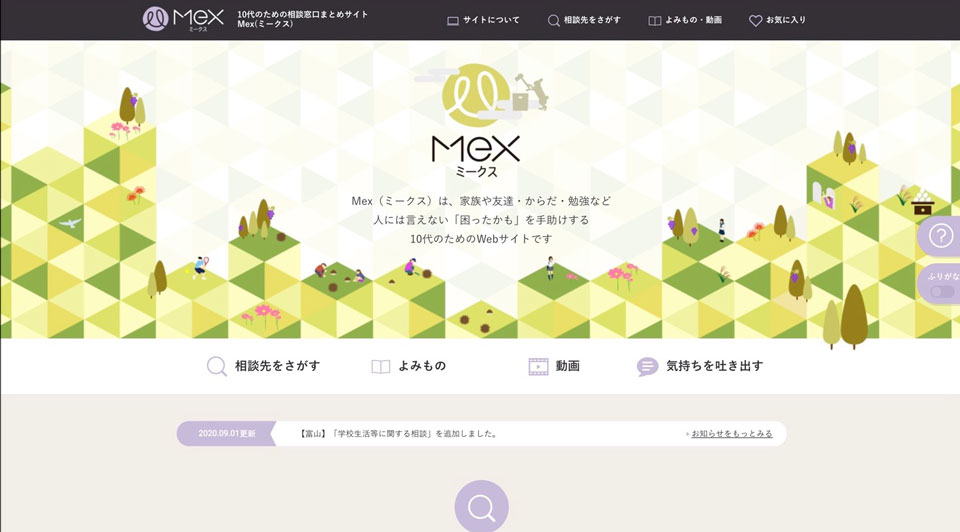
The site is targeted at children aged between 10 and 19. It helps users find appropriate guidance depending on the nature of their concerns and their location.
About one million people used the service in the last fiscal year.
The operator reports there were many posts by children about family troubles, including abuse, after schools were shut down in March. Since classes resumed in June, there is a focus on bullying and relations with friends.
3keys founder Moriyama Takae says it’s important for adults to help children feel safe instead of putting them under pressure.
